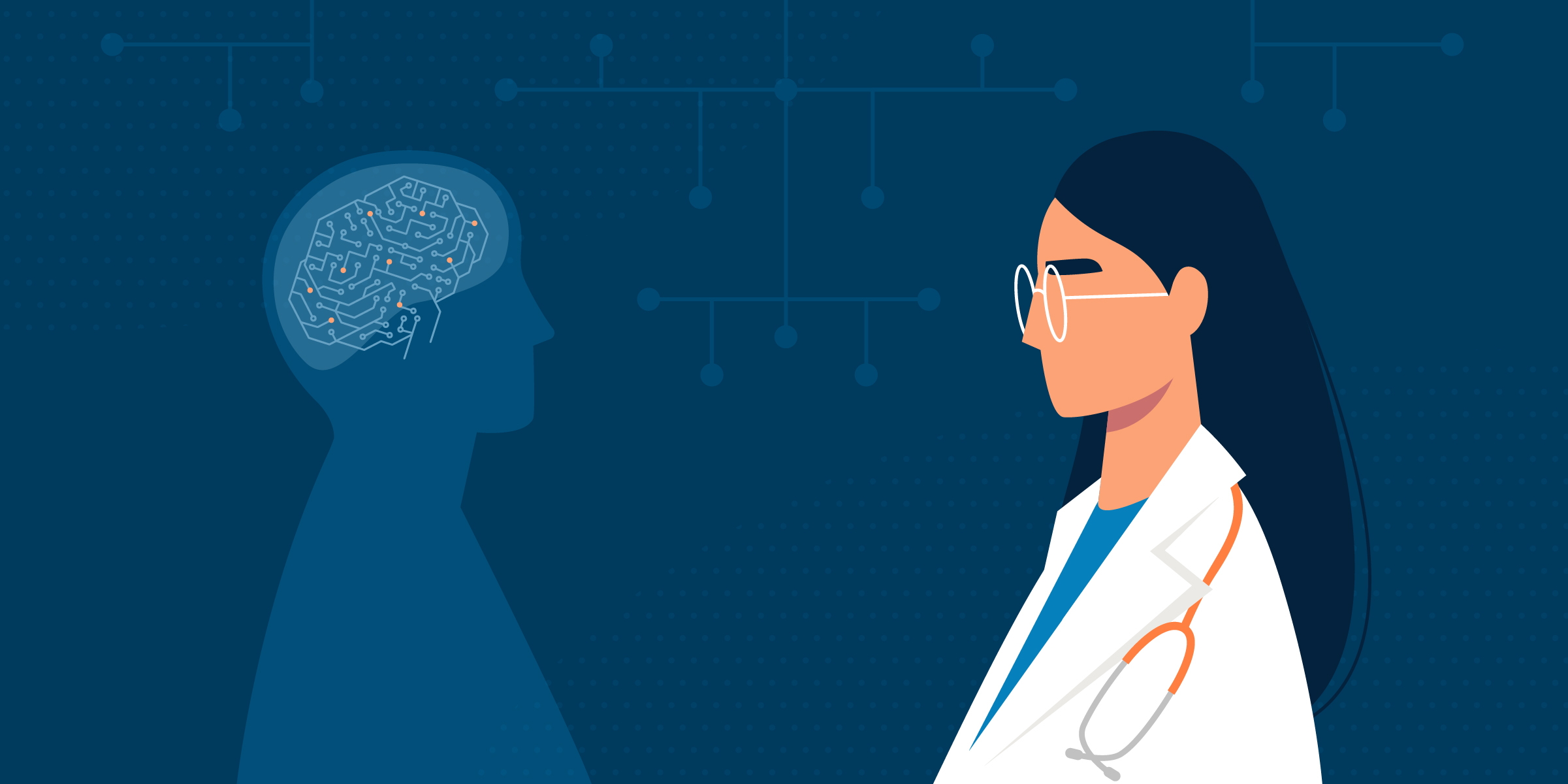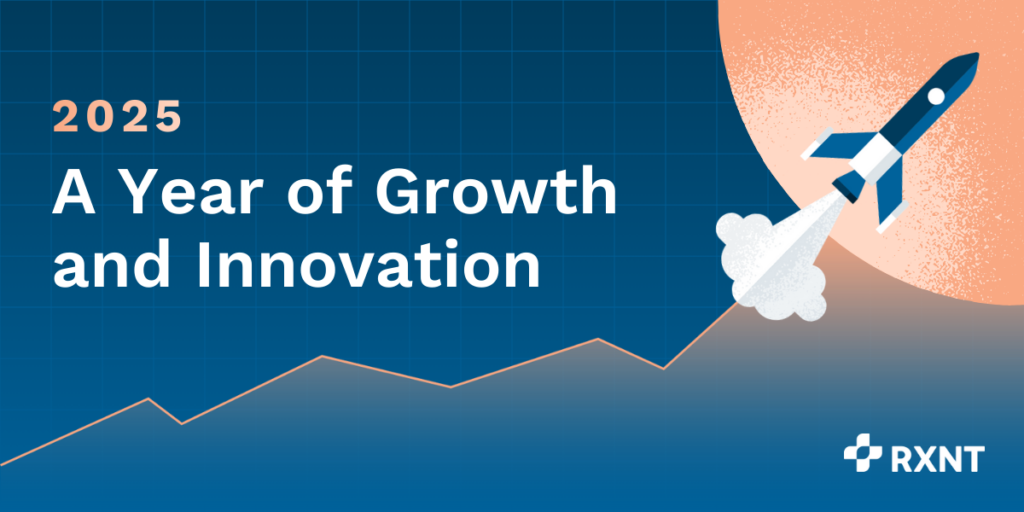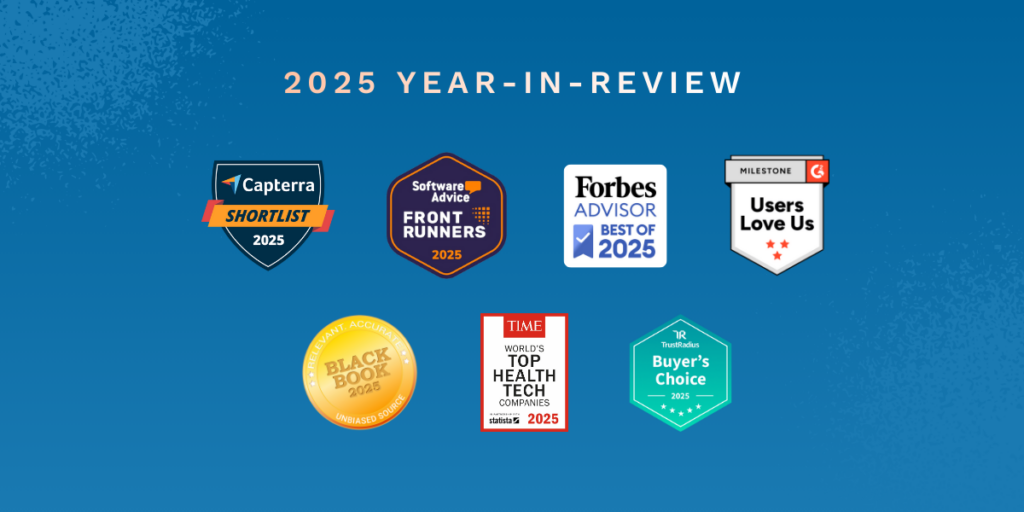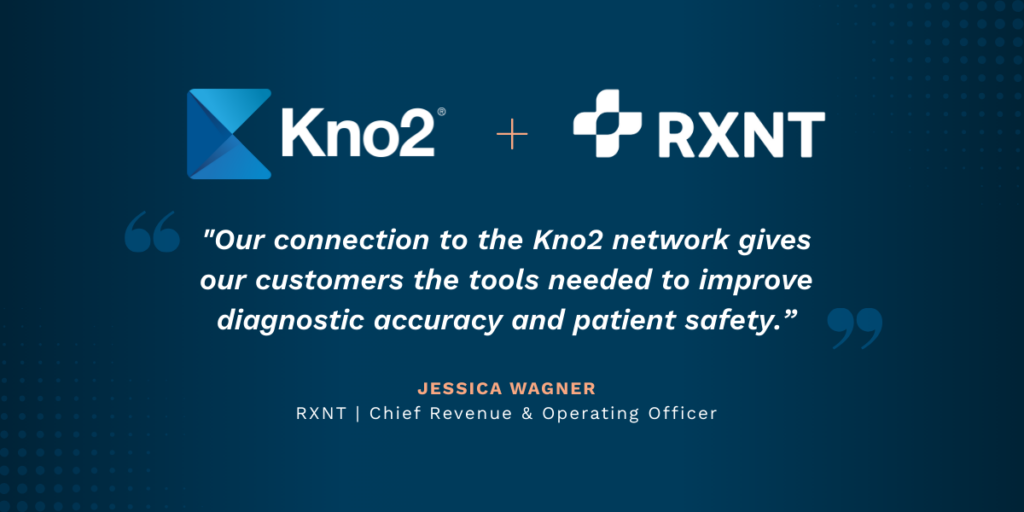In early 2023, it was reported that the widely-publicized artificial intelligence (AI) chatbot, ChatGPT, passed the United States Medical Licensing Exam (USMLE) with a 60% accuracy, according to researchers from the Massachusetts General Hospital (MGH) and AnsibleHealth. Incredibly, these results were achieved with no specialized input from clinical trainers, with ChatGPT displaying “understandable reasoning and valid clinical insights.”
While we won’t be seeing ChatGPT in a lab coat anytime soon, this finding has doctors and patients alike buzzing about the future applications of large language models and artificial intelligence technology in healthcare.
What Is the Current Role of AI and Automation in Healthcare?
AI has multiple use cases (current and future) within the healthcare industry in 2023. One of the most prevalent current applications of AI in healthcare is the automation of repetitive, manual tasks and data analysis. With an estimated 15 to 30% of healthcare costs being related to administrative tasks, future artificial intelligence applications can potentially help in areas including voice-to-text transcriptions, note-taking, ordering tests and supplies, and filling or prescribing medications. This could lead to significant cost savings for healthcare clinics, hospitals, and the industry as a whole with a recent McKinsey and Harvard report revealing that wider U.S. adoption of the technology could lead to $360 billion in annual cost savings.
Technology powered by AI programs can also be used for robotic surgeries. Currently, the application is in its early stages; a Smart Tissue Autonomous Robot (STAR) has been used to perform a laparoscopic operation on the smart tissue of a pig independent of the assistance of a surgeon. Robotic surgeons have also been used to suture narrow blood vessels by researchers at the Maastricht University Medical Center. This application is particularly interesting since AI-assisted robots present the opportunity to increase the efficiency and precision of surgeries.
Artificial intelligence also presents opportunities for the early detection of diseases to avoid future surgeries. The United Kingdom’s National Health Service is leveraging AI and big data to detect peripheral artery disease (PAD) through its Accelerating Detection of Disease (ADD) program. Earlier detection can help patients avoid surgical amputation and complications.
Chatbots such as ChatGPT are quickly becoming synonymous with AI due to the publicity, and the healthcare industry is no exception to that treatment. Large language chatbots could potentially be used to summarize patient encounters, share health information, organize data, and enhance current clinical support decision-making systems.
The flip side: chatbot applications also pose some of the greatest concerns surrounding patient privacy, HIPAA compliance, and misinformation. Open API tools like ChatGPT are not currently HIPAA-compliant, but in the future, we may see companies like Microsoft create compliant chatbots. There’s also the potential for bias and inaccuracies in chatbots, which could then influence information and recommendations provided to healthcare practitioners and patients. Chatbots use computer-generated texts to respond to questions so it’s possible that these biases and inaccuracies could go undetected.
How Do Patients and Physicians Feel About AI Technology?
Patients and physicians have different viewpoints regarding the application of AI in healthcare. The Yale Cancer Center surveyed 926 patients, finding that the majority believed artificial intelligence would make healthcare much better (10.9%) or somewhat better (44.5%). Few respondents believed AI would make healthcare somewhat worse (4.9%) or much worse (1.9%).
Despite these positive patient findings, most physicians are uncomfortable with AI. A Medscape survey of 1,500 physicians in Europe, Latin America, and the United States found that:
- 49% of physicians in the U.S. are uncomfortable with AI
- 35% in Europe are uncomfortable with artificial intelligence
- 30% in Latin America are uncomfortable with AI
Almost one in three physicians reported that they believe AI tools could threaten their careers. Only 20% of respondents indicated that AI has currently changed the way they practice.
What Role Will AI Play in the Future of Healthcare?
Despite low comfort levels with AI, we’re likely to see more applications of the technology in healthcare. The same Medscape survey found that the majority of physicians indicate that they are likely to use artificial intelligence in the future if it’s proven to be better than humans at some diagnostic tasks. Physicians expressed interest in automation and augmentation of tasks with AI, showing the greatest interest in the following use cases:
- Looking up drug information (54%)
- Checking for drug interactions (53%)
- Looking up treatment guidelines (52%)
These findings reveal the likely future role of AI in healthcare: support. The advancements of AI are certainly rapid, but not at the point where we can expect robotic healthcare providers to diagnose and treat patients. Instead, we’ll see the technology used to support healthcare providers with the decisions they make every day, easing the administrative burden and driving more accurate decision-making. The current form of artificial intelligence is here to support, not replace, physicians.




